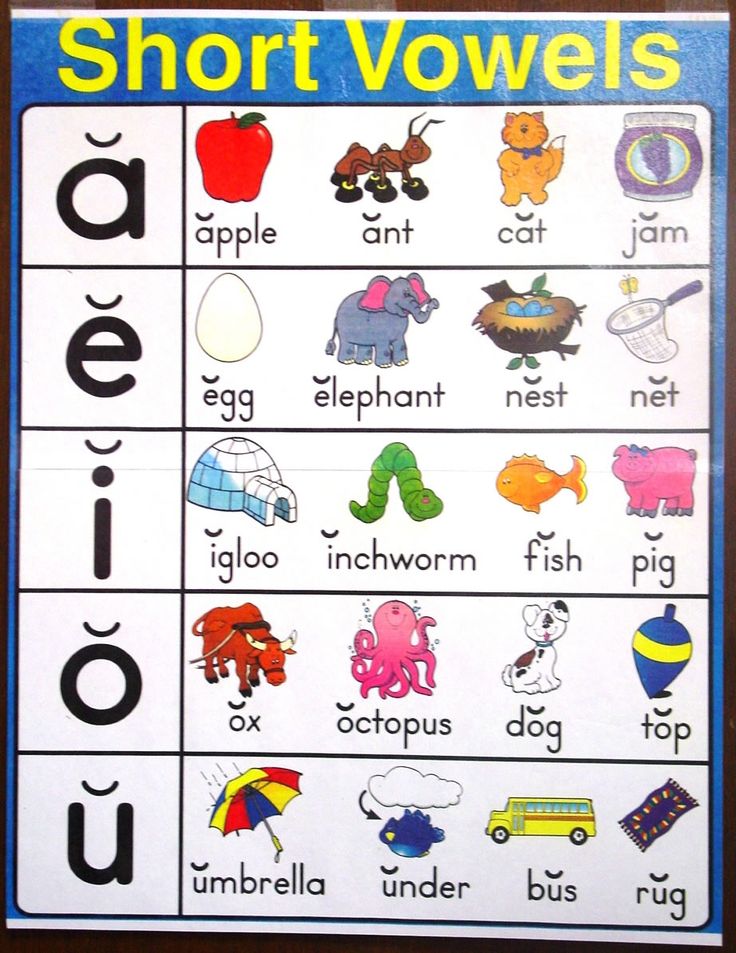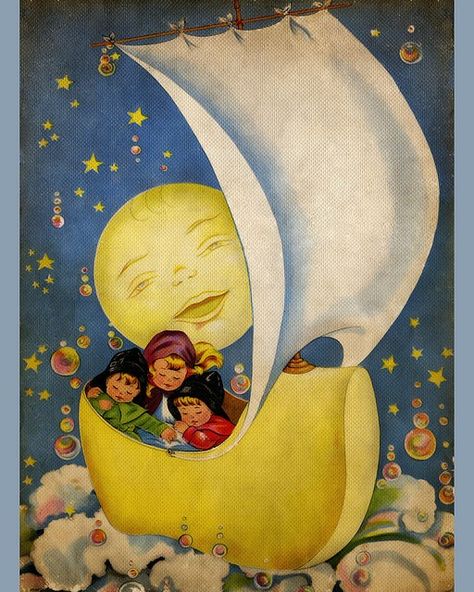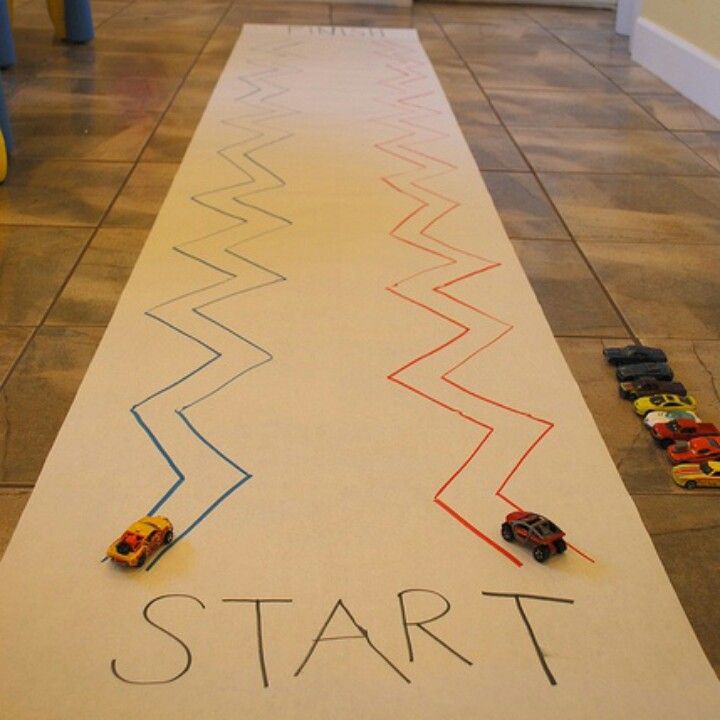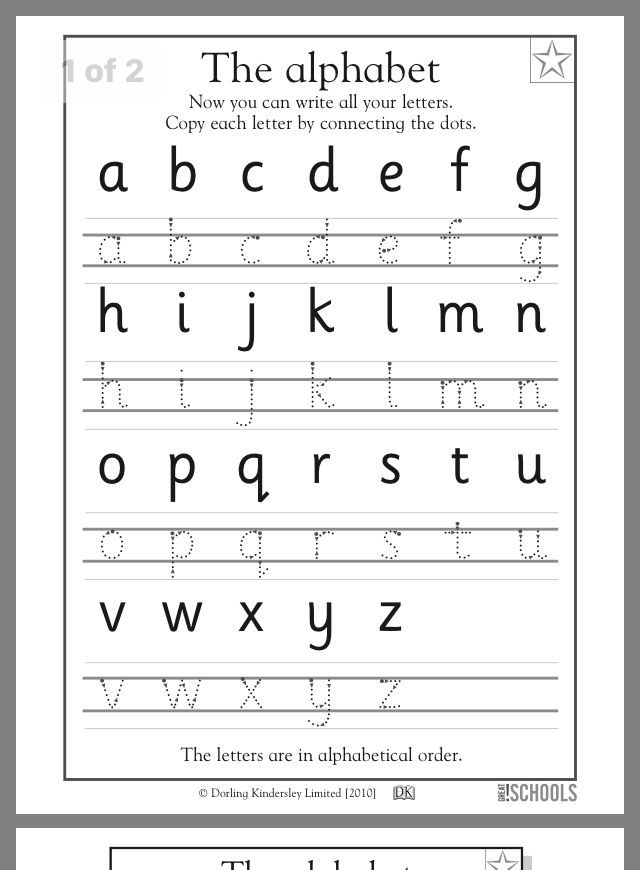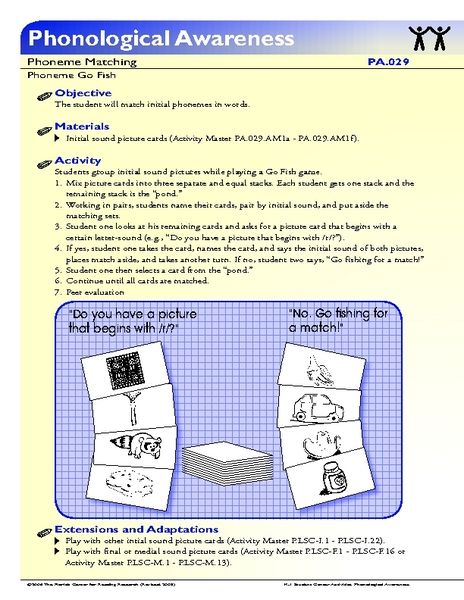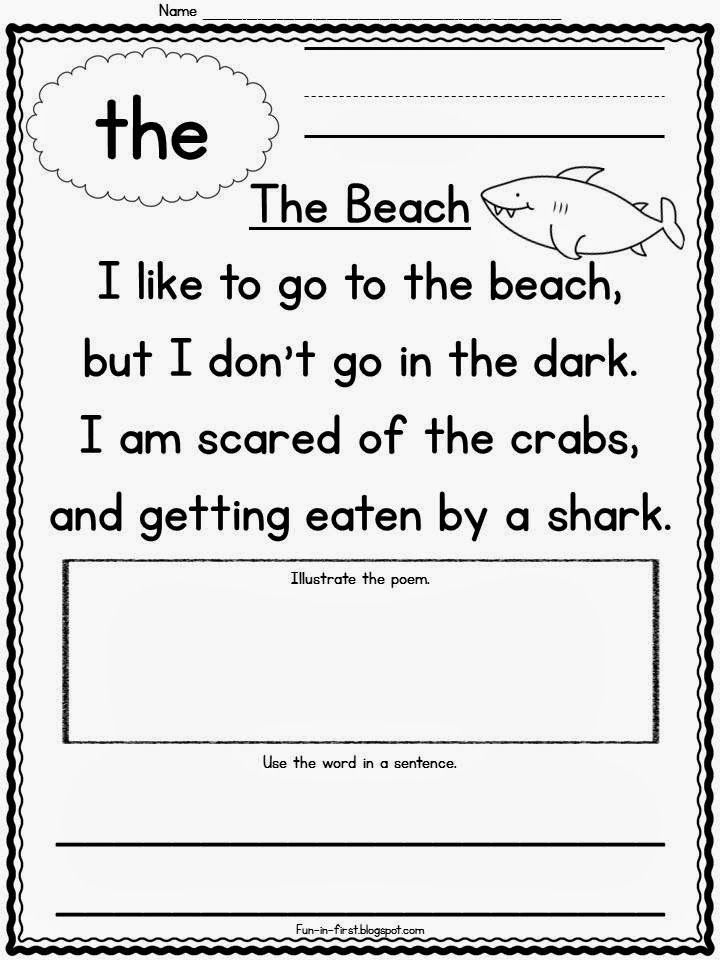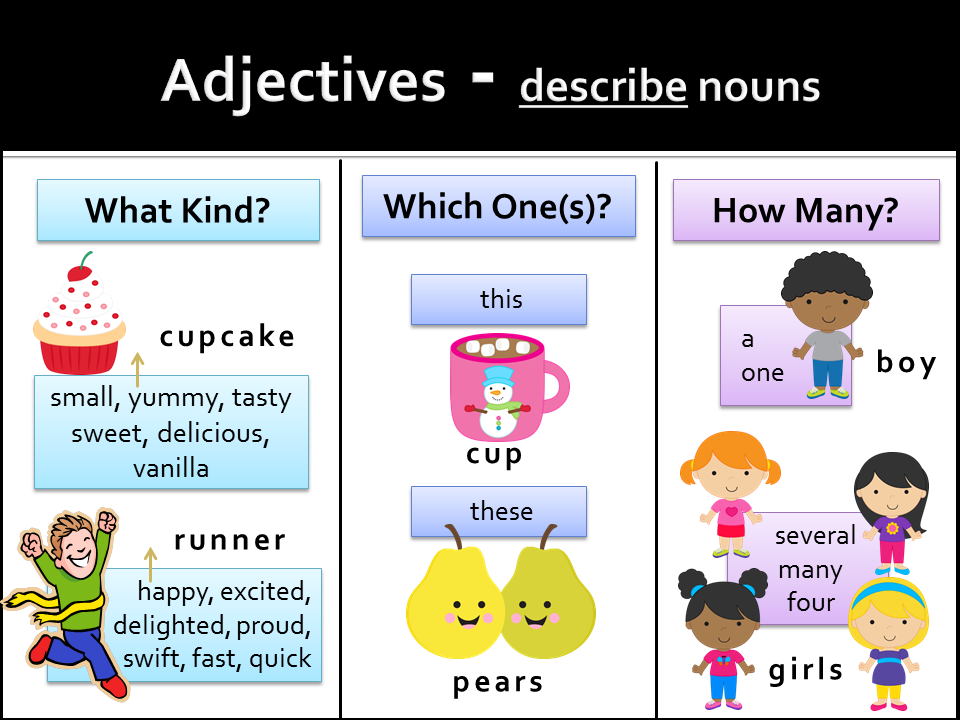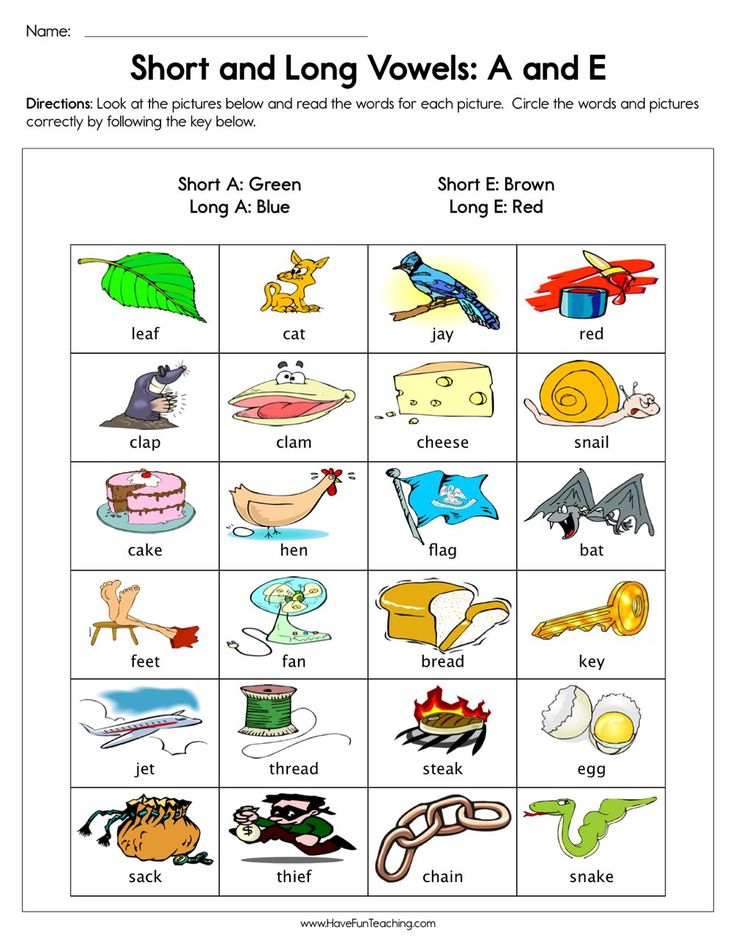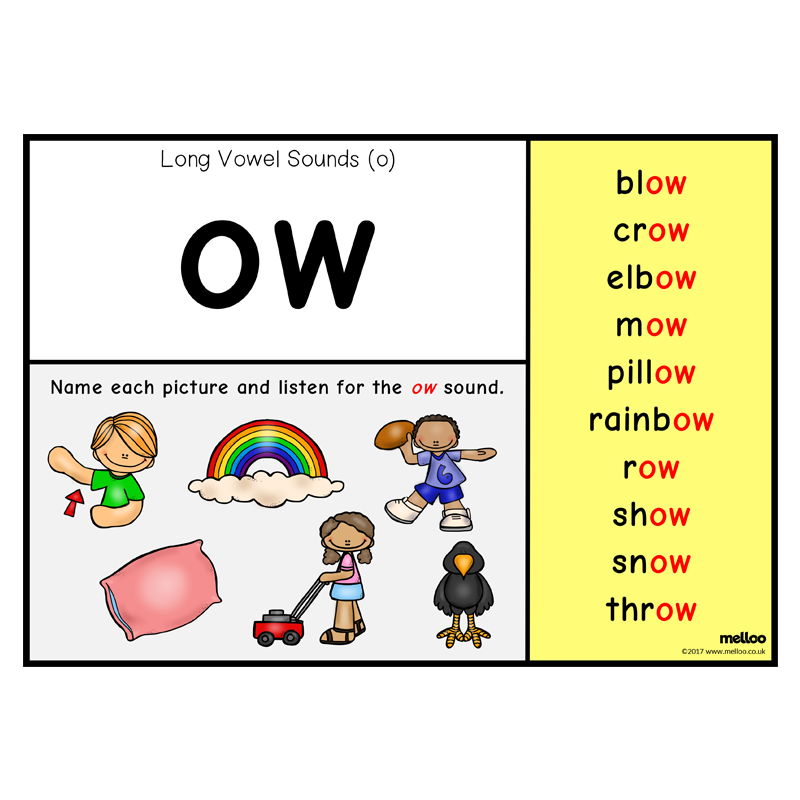What is short a sound words
List of Short Vowel Words
The English language provides a list of short vowel words that seem to be never ending. A short vowel word is any word that doesn't allow the vowel within it to generate that vowel's long vowel sound.
List of Short Vowel Words
For example, the word "bug" is a short vowel word because there's no long "U" sound. A word doesn't necessarily have to have three letters to be a short vowel word, but it makes for the easiest example and three-lettered words make up the bulk of any list of short vowel words. Let's take a look.
Advertisement
Short Vowel Sounds in Words
Here's the reason why words with only three letters typically make the short vowel sound. Three letters usually don't allow for a second vowel to force the long vowel sound out. Exceptions include words like "bee" or "tea."
These words use a second vowel to force the long vowel sound from the first one, while other words like "ant" or "mat" use the placement of consonants to force a short vowel sound.
But, here's an important point to keep in mind. The words listed below are short vowel sounds, not short vowel spellings. That is, just because a word is short, doesn't mean it will automatically have a short vowel sound. And vowel as written doesn't always correspond with the sound it makes. Take the word "pretty." The E is sounded like a short I, and the Y is sounded like a long E. Phonetically, it sounds more like "prit-tee," not "pret-tai."
Likewise, we can't assume a long word will automatically have a long vowel sound. Let's look at the word "business." The U and E in "business" are also sounded like a short I, and the I is silent altogether. Phonetically speaking, we don't pronounce it "buss-eye-ness." It's more like "biz-niss." With that in mind, let's explore more short vowel words, sorted by letter.
Short "A" Words
The short A sound is what you hear in words like "bat" or "map." Here are some other great examples of words with the short A sound.
act | apt | ask | bat | bad | bag | cat |
cap |
cab | dad | dab | Dan | fan | fat |
fad | gap | gab | gal | gas | ham | has |
had | hat | jab | jam | lab | lad | lag |
lap | man | mad | mat | map | nap | pan |
Pam | pad | pal | ran | ram | rag | rat |
Sam | sad | sag | sat | sap | tab | tan |
tad | tag | tap | van | vat | yam | zap |
Advertisement
Short "E" Words
The short E sound is what you hear in words like "gem" or "hem.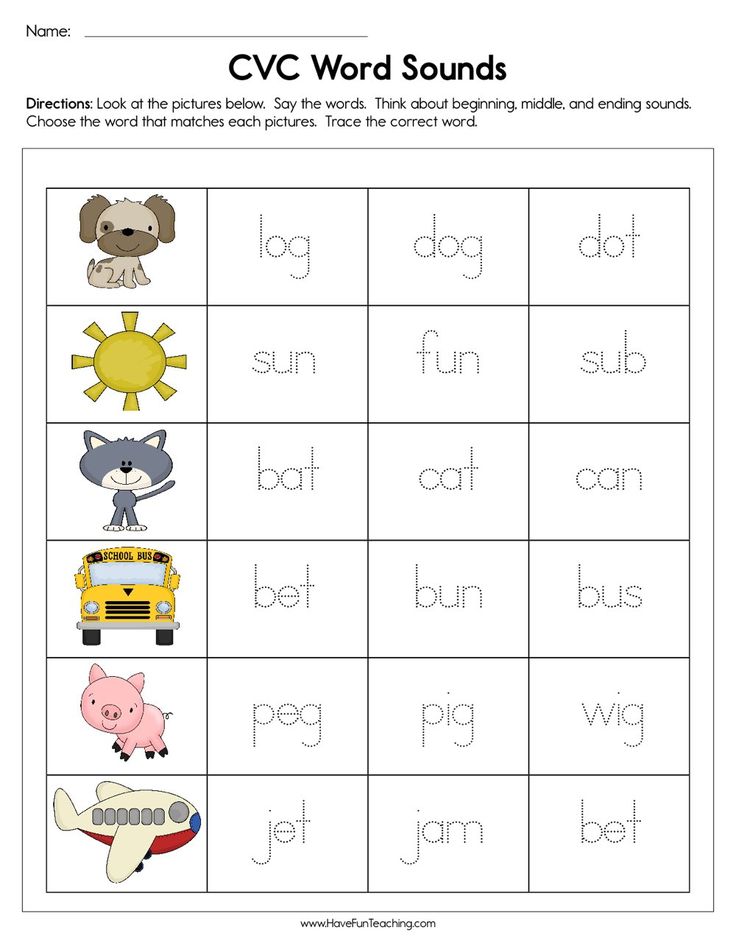 " Here are some other great examples of words with the short E sound.
" Here are some other great examples of words with the short E sound.
ben | bed | beg | bet | den | fed |
gem | get | gel | hen | hem | jet |
keg | led | leg | let | men | met |
net | pen | peg | pet | red | set |
ten | Ted | vet | yet | wed | wet |
Short "I" Words
The short I sound is what you hear in words like "dim" or "fib." Here are some other great examples of words with the short I sound.
bin | bid | big | bit | dim | did |
dig | dip | fin | fig | fit | gin |
gig | him | his | hid | hit | hip |
jib | jig | kin | kid | kit | lid |
lit | lip | nip | pin | pig | pit |
rim | rid | rig | rip | sin | sit |
sip | tin | tip | win | wit | zip |
Short "O" Words
The short O sound is what you hear in words like "con" or "nod.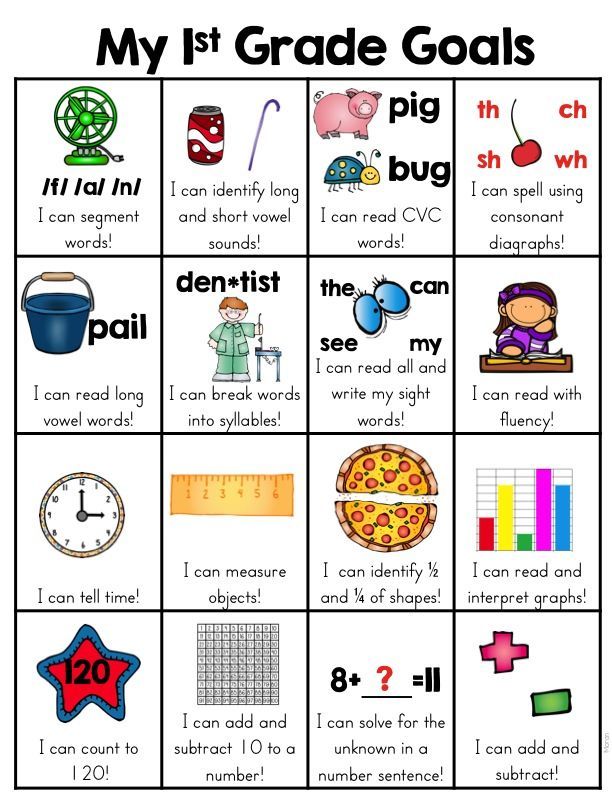 " Here are some other great examples of words with the short O sound.
" Here are some other great examples of words with the short O sound.
bog | bop | con | cod | cog | cot |
cop | don | dog | dot | fog | god |
got | hog | hot | jog | jot |
lob |
log | lot | lop | mob | mom | mop |
nod | not | odd | pod | pop | pot |
rod | rot | sod | Tom | tot | top |
Short "U" Words
The short U sound is what you hear in words like "bus" or "hum." Here are some other great examples of words with the short U sound.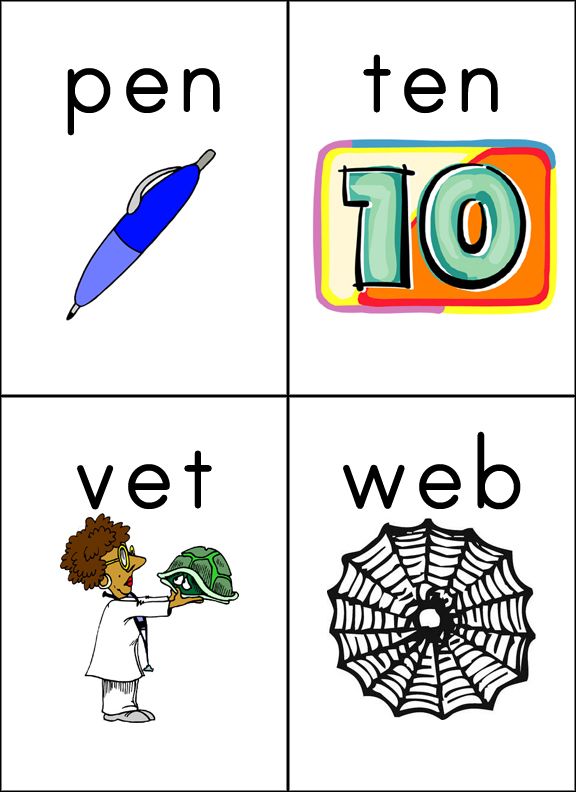
bun | bum | bus | bud | bug | but |
cud | cut | cup | dug | fun | gun |
gum | Gus | gut | hum | hug | hut |
jug | jut | lug | mug | nun | nut |
pun | pug | pup | rub | run | rum |
rug | rut | sub | sun | sum | tug |
View & Download PDF
Advertisement
Using Short Vowel Sounds
Though the above list of words with short vowels is incomplete, you can use it to understand the basic usage for the short vowel sounds. These short vowel sounds are often used in larger words as well.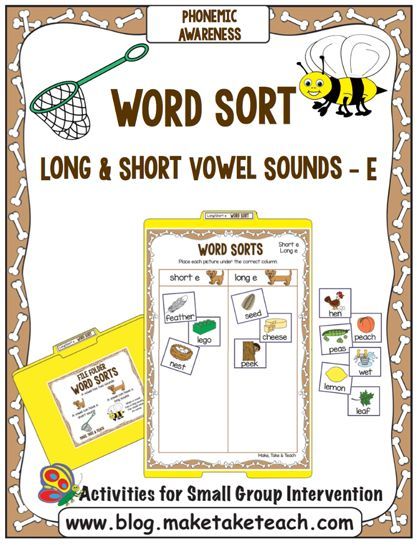 You might see them in words that also contain long vowel sounds, or even in two-lettered words, like "in," "it," and "at." Longer words, such as "magistrate" or "fascinate," use both short long vowel sounds.
You might see them in words that also contain long vowel sounds, or even in two-lettered words, like "in," "it," and "at." Longer words, such as "magistrate" or "fascinate," use both short long vowel sounds.
Some words use the short vowel sound and the long vowel sound, depending on the tense of the word. Words like "read," for example, are pronounced as the long vowel sound when the tense is present. For example, "We are reading this list of short vowel words."
However, when the tense is changed from present to past tense, the long vowel sound is taken away and the short vowel sound is introduced in the same word. For example, "I read the list of short vowel words, and understand much better now."
Pronunciation Pros
If you're teaching short vowel sounds to little learners, practice makes perfect. If you're teaching ESL students, here are some tips and resources for teaching ESL pronunciation. And, when you're ready for the flip side of the coin? Take a look at these examples of long vowel words too.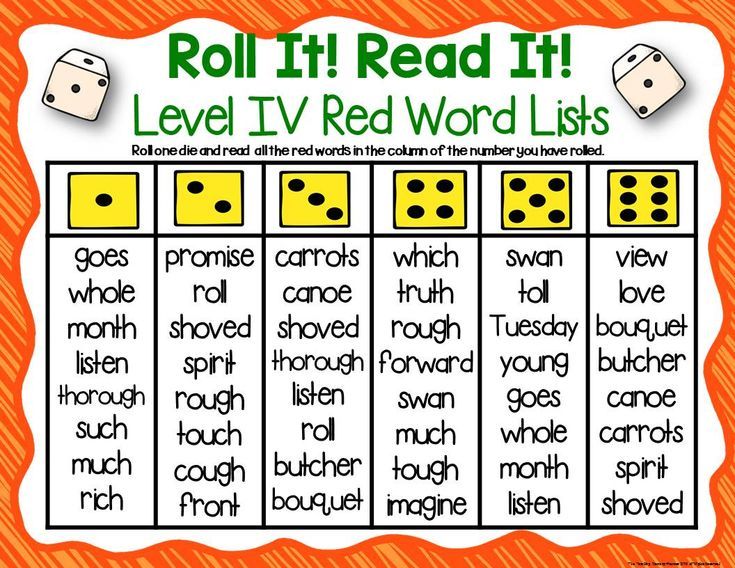 You might also want to explore when "y" is a vowel.
You might also want to explore when "y" is a vowel.
Short Vowel Words | Short Vowel Sounds • 7ESL
Pin
In the English language, there are different ways to pronounce vowels. One category of such vowel pronunciation is the short vowel sound — one that has many associated words. But what are some short vowel words and how do you identify them? This article will explore short vowel sounds, general rules for forming short vowel words, and examples of short vowel words for each vowel — a, e, i, o, and u.
Table of Contents
Short Vowel Words
Short Vowel SoundsShort vowel sounds are a type of pronunciation for the vowels in the English language — a, e, i, o, and u. This description is not literal (meaning that you would not pronounce the vowels in a short, quick, or abbreviated manner) but is only used in contrast to long vowel sounds.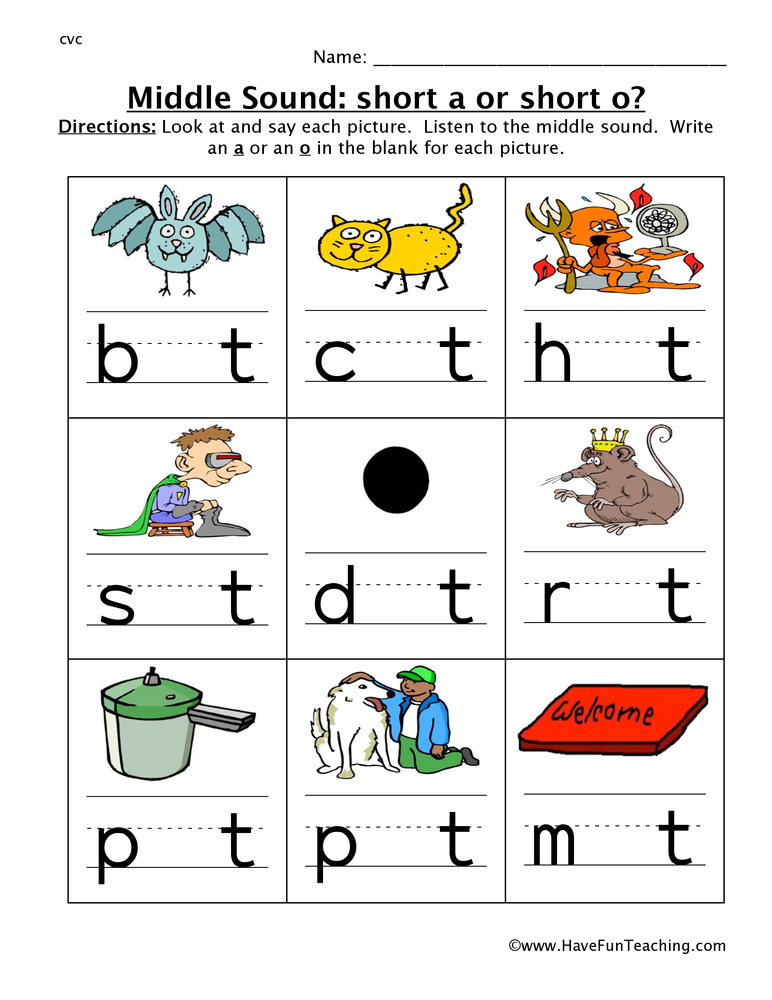
With long vowel sounds, you pronounce the vowels “by name” — meaning “a” would be pronounced like the letter “a” as in “lake”, “e” would be pronounced the letter “e” as in “cheese”, “i” would be pronounced like the letter “i” as in “like”, and so on.
Long vowel sounds are generated mainly by repeating vowels (like the letter “e” in “free” or “meet”), or by vowel-consonant-vowel (VCV) word spellings (like the letter “a” in “make”, the letter “i” in “time”, the letter “o” in “joke”).
Short vowel sounds, in contrast, are the pronunciation of vowels as they generally appear in consonant-vowel-consonant (CVC) word spellings. Examples of this include the letter “a” in “hat” or “bag”, the letter “u” in “cup” or “tug”, or the letter “i” in “big” or “tin”.
Short vowel words can include longer words than simple CVC words — like “snack”, “jump”, or “plot”.
There are different short vowel pronunciations for each vowel, as explained below.
Short A WordsShort “a” words are pronounced like the “a” vowel is in “cat” or “tag”.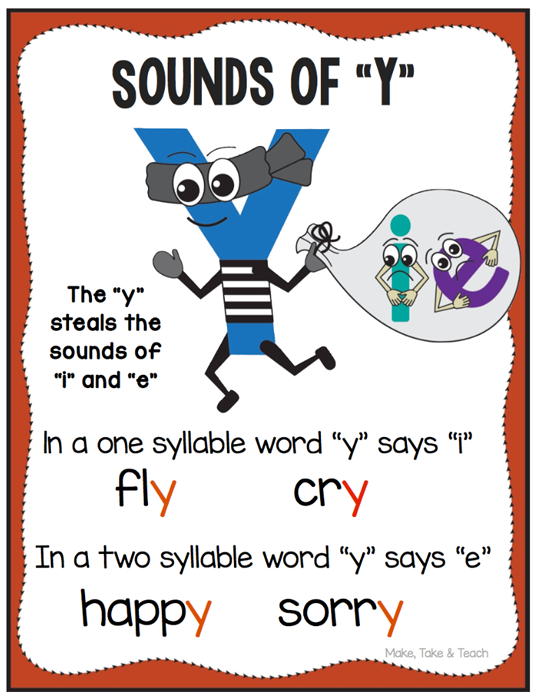
Short “a” words include:
- Ab
- Apt
- Fab
- Cab
- Tab
- Jab
- Gab
- Lab
- Nab
- Dab
- Crab
- Slab
- Fad
- Dad
- Lad
- Pad
- Sad
- Mad
- Rad
- Tad
- Bad
- Gas
- Cap
- Lap
- Tap
- Map
- Gap
- Rap
- Nap
- Zap
- App
- Slap
- Clap
- Fan
- Van
- Man
- Tan
- Ran
- Pan
- Ban
- Glass
- Mass
- Class
- Sass
- Fast
- Mast
- Past
- Ramp
- Stamp
- Lamp
- Damp
- Hand
- Band
- Stand
- Snack
- Shack
- Lack
- Knack
- Hack
- Slack
- Pack
- Rack
- Back
- Tack
- Stack
- Smack
- Quack
- Rat
- Mat
- Pat
- Fat
- Hat
- Cat
- Chat
- Slat
Short “e” words are pronounced like the “e” vowel is in “beg” or “led”.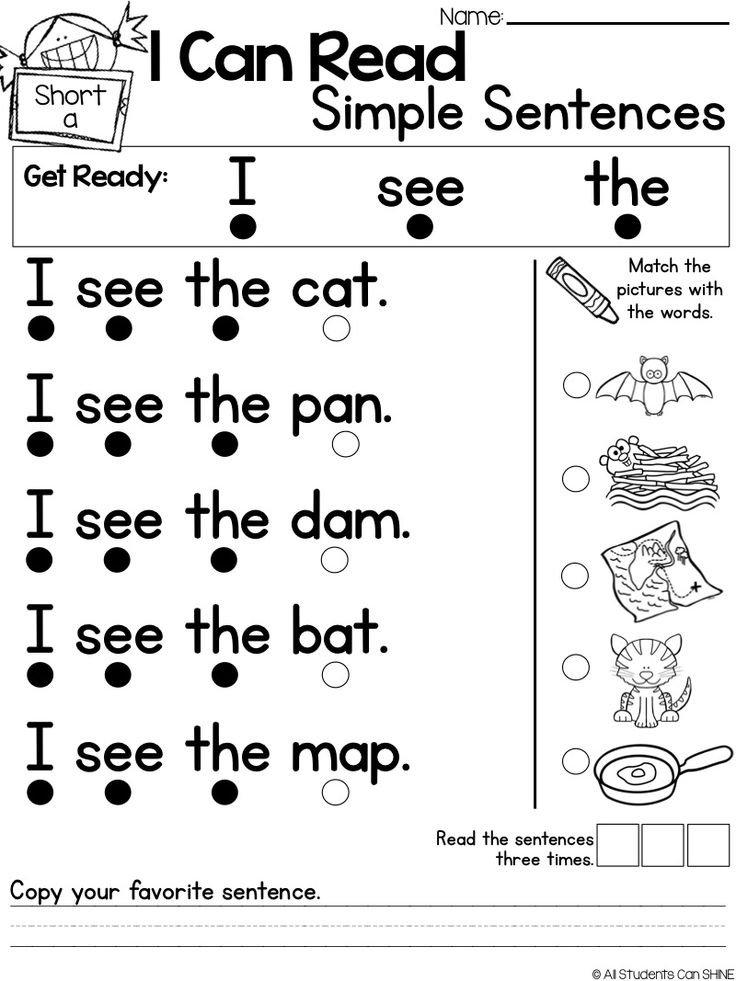
Short “e” words include:
- Red
- Med
- Led
- Fed
- Sled
- Bed
- Head
- Tread
- Jet
- Met
- Net
- Wet
- Set
- Yet
- Tent
- Cent
- Pent
- Lent
- Rent
- Dent
- Scent
- Men
- Hen
- Ten
- Lense
- Sense
- Dense
- Defense
- Spend
- Lend
- Mend
- Tend
- End
- Defend
- Trend
- Send
- Fell
- Smell
- Tell
- Well
- Yell
- Hell
- Web
- Vest
- Test
- West
- Jest
- Rest
- Pest
- Chest
- Lest
Short “i” words are pronounced like the “i” vowel is in “bit” or “din”.
Short “i” words include:
- Rid
- Mid
- Lid
- Id
- Kid
- Hid
- Bid
- Lip
- Clip
- Sip
- Rip
- Tip
- Nip
- Dip
- Whip
- Big
- Wig
- Pig
- Hit
- Bit
- Writ
- Lit
- Fit
- Sit
- Pit
- Nit
- Mitt
- Silk
- Milk
- Win
- Tin
- Twin
- Pin
- Lint
- Glint
- Flint
- Mint
- Fill
- Pill
- Till
- Hill
- Gill
- Dill
- Mill
- Bill
- Chill
- Sill
- Will
- Nil
- Rim
- Dim
- Whim
- Trim
- Fib
- Rib
- Sib
- Whip
- Thick
- Quick
- Sick
- Stick
- Pick
- Lick
- Trick
- Slick
- Quit
Short “o” words are pronounced like the “o” vowel is in “hot” or “job”.
Short “o” words include:
- Cod
- Rod
- God
- Bod
- Pod
- Nod
- Odd
- Off
- Jot
- Pot
- Cot
- Rot
- Tot
- Dot
- Hot
- Not
- Lot
- Got
- Clot
- Trot
- Blot
- Nob
- Job
- Mob
- Rob
- Sob
- Lob
- Cob
- Box
- Ox
- Pox
- Rock
- Sock
- Mock
- Knock
- Lock
- Dock
- Log
- Dog
- Bog
- Hog
- Cog
- On
- Pond
- Con
- Don
- Stop
- Shop
- Drop
- Cop
- Mop
- Hop
- Bop
- Sop
- Top
- Plop
- Mom
Short “u” words are pronounced like the “u” vowel is in “bug” or “rut”.
Short “u” words include:
- Sub
- Tub
- Pub
- Rub
- Dub
- Cub
- Hub
- Nub
- Mud
- Dud
- Sud
- Bud
- Cut
- Rut
- But
- Gut
- Nut
- Jut
- Mutt
- Rum
- Chum
- Bum
- Gum
- Lump
- Jump
- Pump
- Plump
- Trump
- Rump
- Dump
- Bump
- Cuff
- puff
- Hug
- Mug
- Rug
- Tug
- Dug
- Bug
- Gun
- Bun
- Sun
- Fun
- Pun
- Run
- Crust
- Rust
- Dust
- Must
- Lust
- Trust
- Cuss
- Muss
- Fuss
- Bus
- Runt
- Punt
- Hunt
- Fund
Short Vowel Words | Picture
Pin
Categories English PronunciationPhonetic analysis of the word.
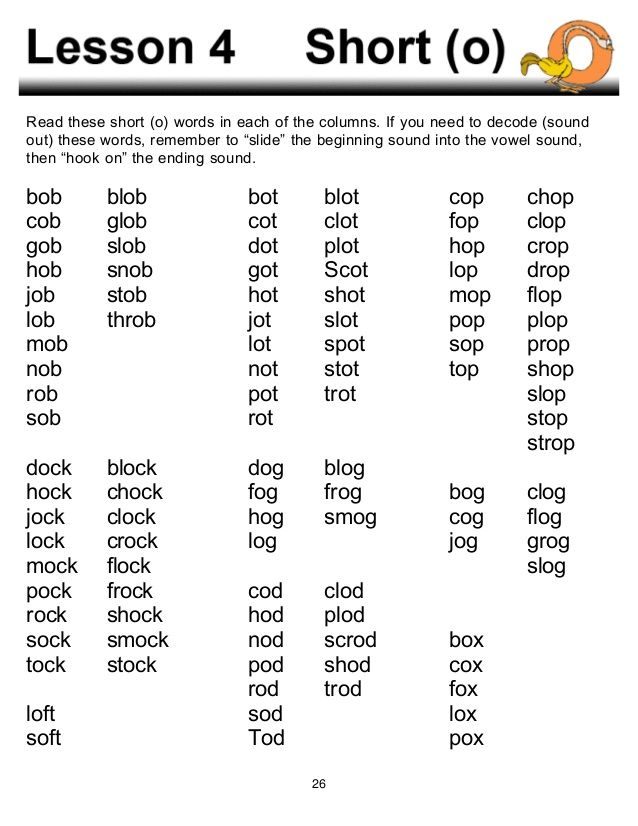 What it is? How to do it? Examples
What it is? How to do it? Examples What is phonetic analysis
Phonetic , or sound-alphabetic, word analysis is an analysis of the sounds and letters that make up this word.
There are 33 letters in Russian, from which we compose words and write them down on paper. When we pronounce a word, we hear sounds - this is how the letters in its composition sound. In some words, the same letter can mean two sounds at the same time or not sound at all. This is where sound-letter analysis comes in handy: it is needed so that we can analyze sounds and letters, write correctly, and also pronounce words.
Demo lesson in Russian
Take the test at the introductory lesson and find out what topics separate you from the "five" in Russian.
How is the phonetic parsing of a word done?
Full transcription of the word.
Vowel sounds: stressed or unstressed, which letter is indicated.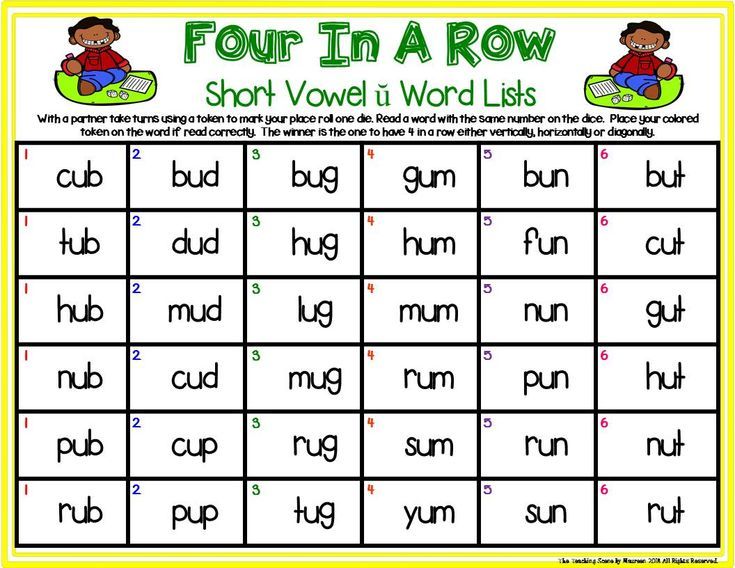
Consonants: voiced, sonorous or voiceless, paired or unpaired; hard or soft, paired or unpaired; which letter is indicated.
The total number of letters and sounds.
You can disassemble words by sounds and letters orally or in writing. These methods are slightly different from each other, so let's consider each one separately. We write down the word and all the sounds that are included in it.
Syllables and stress. We count and write down the number of syllables in a word, we denote the one on which the stress falls.
Sounds. From the next line in a column, we rewrite all the letters in the order in which they appear in the word. Opposite each of them we record the sound and enclose it in square brackets.
Vowel sounds. Next to each vowel we write whether it is stressed or unstressed. And then we indicate what letter it is designated.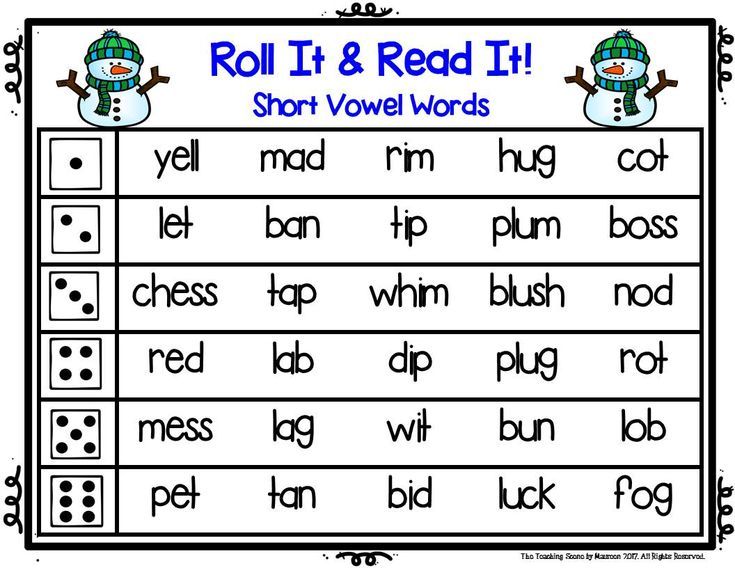
Consonants. Next to each consonant, indicate whether it is voiced or voiceless. Further - paired or unpaired in deafness-sonority. After that, we write, hard or soft sound, and then - paired or unpaired in terms of softness-hardness. At the end, you need to indicate which letter denotes the sound.
Number of letters, sounds. We count and write down the number of letters and sounds in a word.
Now let's use this algorithm with examples.
Example No. 1. Written phonetic analysis of the verb search
Search [abysk'ivat'] - 4 syllables, 2nd stressed.
o - [a] - ch., unstressed.
b - [b] - acc., sound. couple, tv par.
s - [s] - ch., shock.
s - [s] - acc., deaf. couple, tv par.
k - [k'] - acc., deaf. steam, soft par.
and - [and] - Ch., unstressed.
c - [c] - acc., sound. couple, tv par.
a - [a] - Ch.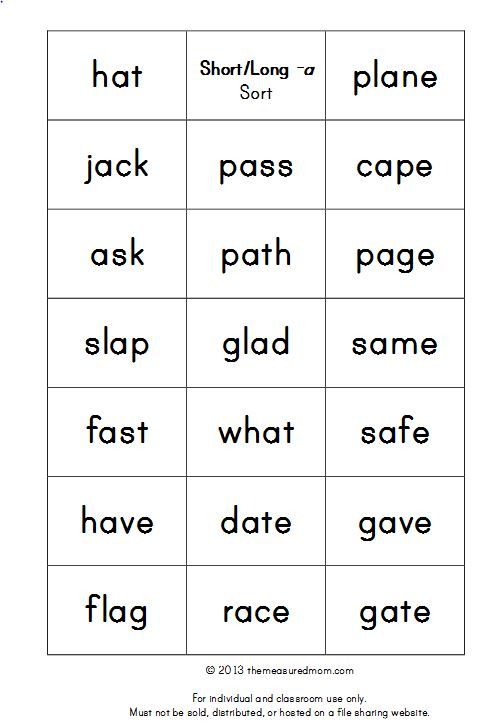 , unstressed.
, unstressed.
t - [t'] - acc., deaf. steam, soft par.
b — [–]
10 points, 9 stars
Example No. 2. Written phonetic analysis of the adjective spring
Spring [v'is'en':y'] - 3 syllables, 2nd stressed.
in - [in '] - acc., sound. steam, soft par.
e - [i] - gl., unstressed.
s - [s'] - acc., deaf. steam, soft par.
e - [e] - ch., percussion.
n - [n':] - acc., sonorn. unpaired, soft par.
and - [and] - Ch., unstressed.
th - [th'] - acc., sonorn. unpaired, soft unpaired
8 points, 7 stars
Example No. 3. Written phonetic analysis of a noun professor
Professor [praf'es:ar] - 3 syllables, 2nd stressed.
p - [n] - acc., deaf. couple, tv par.
r - [r] - acc., sonorn. unpaired, tv. par.
o - [a] - ch., unstressed.
f - [f'] - acc., deaf. steam, soft par.
e - [e] - ch., percussion.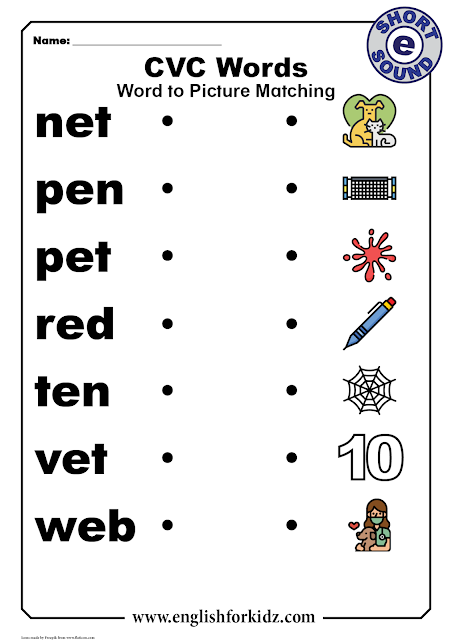
s - [s:] - acc., deaf. couple, tv par.
o - [a] - ch., unstressed.
r - [r] - acc., sonorn. unpaired, tv. par.
9 points, 8 stars
Free English lessons with a native speaker
Practice 15 minutes a day. Learn English grammar and vocabulary. Make language a part of life.
Sample oral phonetic analysis
If you need to do sound-letter analysis orally, follow this algorithm:
-
Syllables and stress. Count and name the number of syllables in a word, indicate the one that is stressed.
-
Vowel sounds. Name the vowels in the order in which they sound in the word. For each of them, determine whether it is percussion or unstressed. Then specify the letters with which they are indicated.
-
Consonants. For each of the consonants, determine whether it is voiced or voiceless, and then - paired or unpaired according to deafness-voicedness.
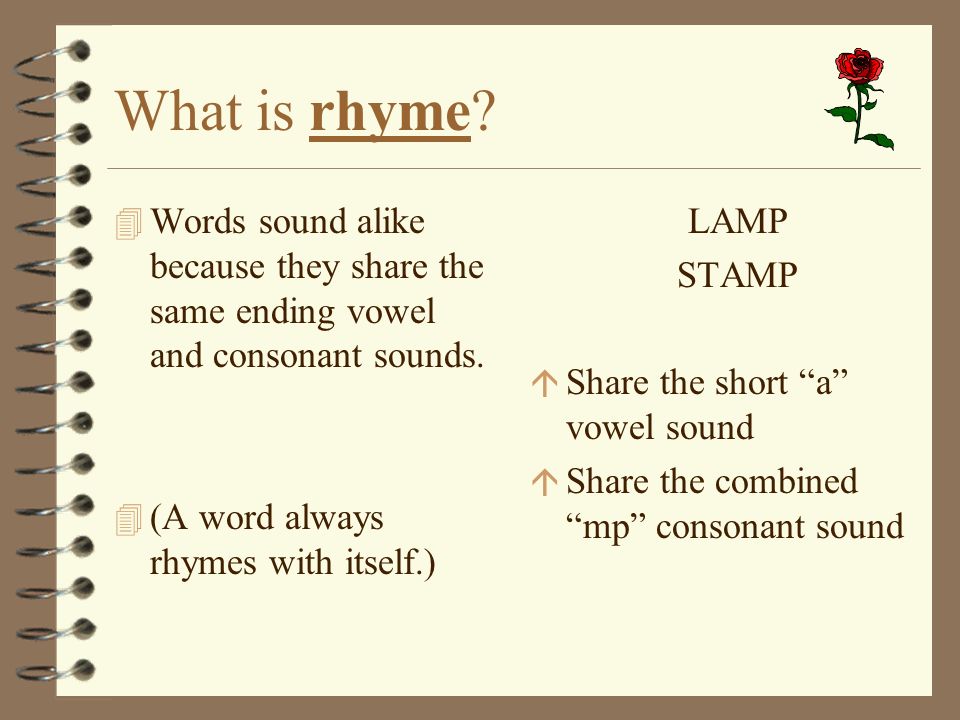 After that, establish whether the sound is hard or soft, as well as paired or unpaired in terms of softness-hardness. At the end of the analysis of each of the consonants, specify which letter it is designated in the word.
After that, establish whether the sound is hard or soft, as well as paired or unpaired in terms of softness-hardness. At the end of the analysis of each of the consonants, specify which letter it is designated in the word. -
Number of letters, sounds. Count and name the number of letters and sounds in a word.
Let's practice oral phonetic analysis on the example of the same words that we have analyzed above.
Example No. 1. Oral phonetic analysis of the verb search
2. Vowels:
first - unstressed [a], marked with the letter about ;
second - shock [s], designated by the letter s ;
third - unstressed [and], marked with the letter and ;
fourth - unstressed [a], designated by the letter a .
3. Consonants:
[b] - voiced double, solid double, marked with the letter b ;
[s] - deaf double, solid double, marked with the letter from ;
[k'] - deaf double, soft double, marked with the letter to ;
[c] - voiced double, hard double, marked with the letter in ;
[t'] - deaf double, soft double, marked with the letter t ;
letter ь does not represent sound.
4. In the word search 10 letters and 9 sounds.
Example No. 2. Oral phonetic analysis of the adjective spring
2. Vowels:
the first is unstressed [i], marked with the letter e ;
second - shock [e], marked with the letter e ;
third - unstressed [and], marked with the letter and .
3. Consonants:
[v'] - voiced double, soft double, marked with the letter in ;
[s'] - deaf double, soft double, marked with the letter from ;
[n'] - voiced unpaired (sonor), soft paired, marked with the letter n . The second n does not form a sound in a word;
[d'] - voiced unpaired (sonor), solid unpaired, marked with the letter and .
4. The word spring has 8 letters and 7 sounds.
Example No. 3. Oral phonetic analysis of the noun professor
2.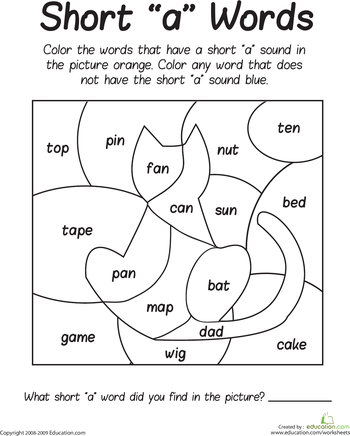 Vowels:
Vowels:
first - unstressed [a], marked with the letter about ;
second - shock [e], marked with the letter e ;
the third is unstressed [a], designated by the letter o .
3. Consonants:
[p] - deaf double, hard double, marked with the letter p ;
[p] - voiced unpaired (sonor), solid paired, marked with the letter p ;
[f'] - deaf double, soft double, marked with the letter f ;
[s] - deaf double, solid double, marked with the letter with . The second from does not form a sound in a word;
[p] - voiced unpaired (sonor), solid paired, marked with the letter p .
4. The word professor has 9 letters and 8 sounds.
Test yourself
Let's find out how well you understand what phonetic parsing is. Below you will find three tasks with which you can practice this skill.
Task 1
Disassemble the following words according to their sound composition: busy, guest, vacancy, pronounce, speaking.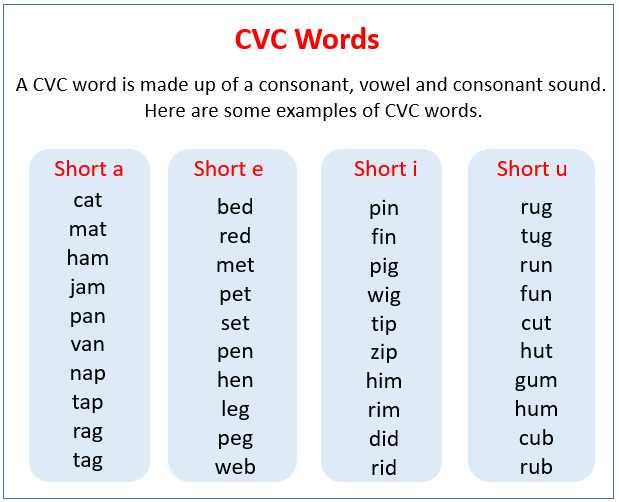
Task 2
Perform oral phonetic analysis of words: box, hospital, go, union, marine.
Task 3
Read the short text below and make a written phonetic analysis of all the nouns in it.
We wandered in the forest in spring and observed the life of hollow birds: woodpeckers, owls. Suddenly, in the direction where we had previously planned an interesting tree, we heard the sound of a saw. It was, we were told, cutting firewood from deadwood for a glass factory.
For the first time, students start doing phonetic analysis of words in the 3rd grade of elementary school. Over time, tasks in the lessons become more complicated, so it is important to understand the topic in time. If after reading this article you still have questions, we invite you to the Skysmart online Russian language school for knowledge. In the classroom, the teacher will tell you what a phonetic (sound-letter) analysis of a word is and how to do it correctly in order to increase the grade at school.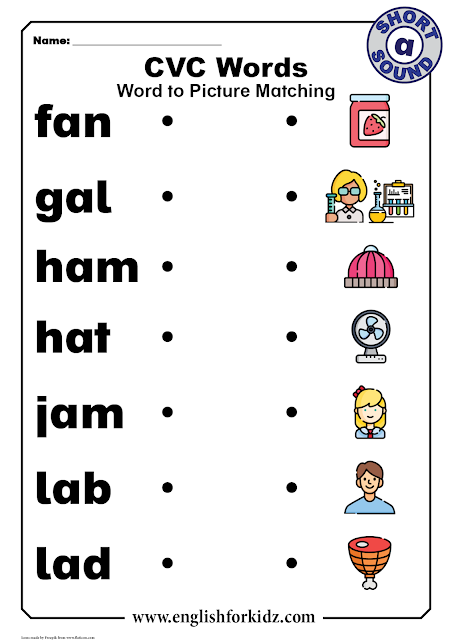
Pronunciation of English sounds: æ, a:, ʌ. Detailed instructions.
Learning how to pronounce English correctly is another challenge. The first difficulty is mastering the rules of reading, because words in English are read quite differently from how they are written. By the way, there is an excellent video about this phenomenon in our Material Library. I advise you to look!
The second difficulty: even if reading rules bounce off your teeth, and you know exactly what combination of letters - what sound means, you need to learn how to pronounce this sound. At the same time, it seems that the most “invincible” sounds for us are those that have no analogues in our language (like /w/ , /θ/, /ð/ ).
However, sounds that have “twins” in Russian turn out to be no less complex, because we, willy-nilly, replace them with our own, native ones. In this article, we will polish the pronunciation of three such sounds: / æ / , / ʌ / , / a: / .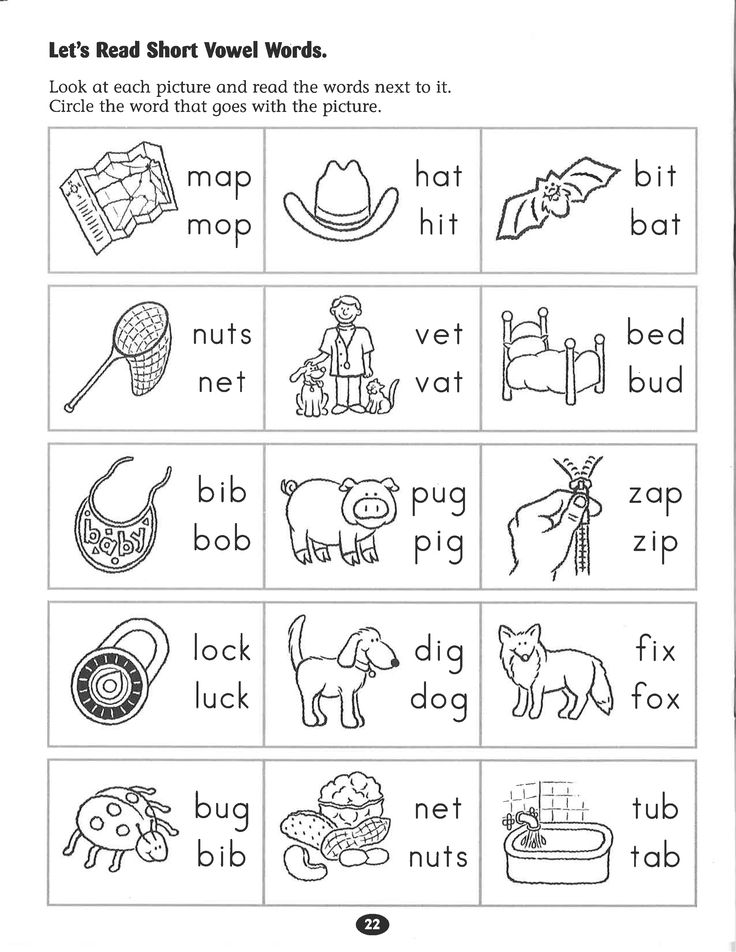
Let's do it according to the following scheme:
- Let's deal with pronunciation in detail in theory;
- Let's practice on a special set of words and tongue twisters for the sounds of the English language;
- Finally, let's find an example of the use of sound in a well-known song so that it is imprinted forever in the auditory memory.
What's wrong with these sounds?
Why these sounds? Because we often replace them with one - Russian / a /, which creates our quite recognizable accent ( /æ/ can also be replaced by Russian /e/ ) .
Before starting, I will immediately make a reservation that I will not dwell on the rules of reading : the question is quite extensive, and the purpose of the article is to “train” on the correct pronunciation of the sound itself. The second caveat: the article will use British pronunciation of words (I will indicate below which words are being discussed).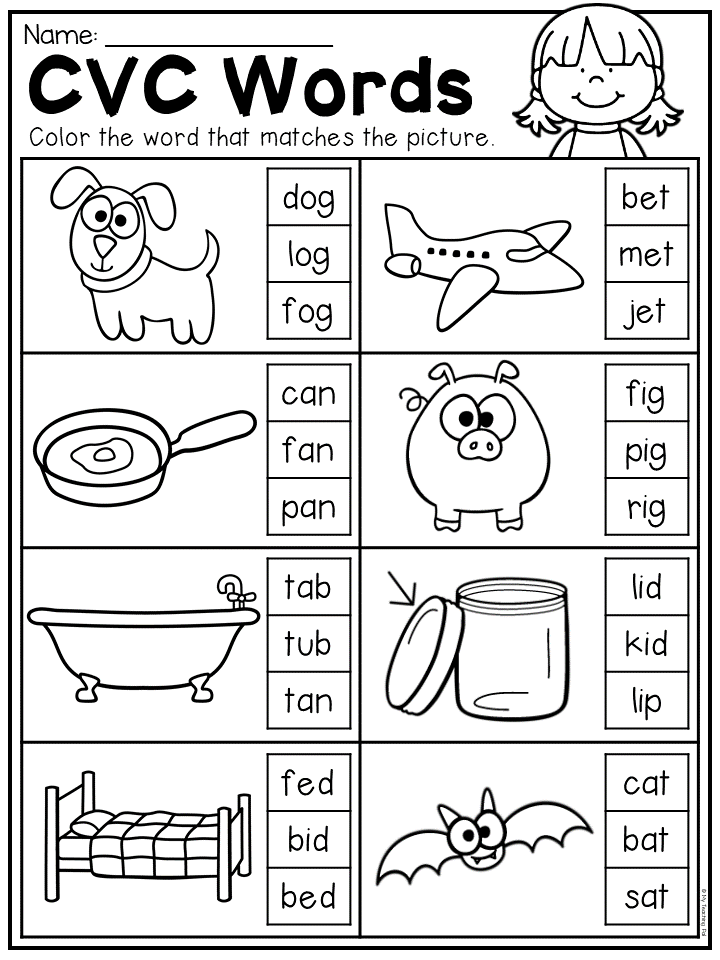
Sound /æ/ - neither A nor E
It is pronounced in such words as man , that , dad etc. This sound is called “frog” or “butterfly” for convenience, but its scientific name is “Near-Open Front Unrounded Vowel” .
How the speech apparatus works: the tongue is moved forward, the tip of the tongue touches the lower teeth. The middle back of the tongue is slightly curved forward and upward. The distance between the jaws is significant. Throat and tongue tense. The sound is short.
Possible error: replacing the sound / æ / with / e / or / a / , although this sound is neither. If we look for parallels with Russian phonemes, then it looks more like that sound / a /, which is used by us after the soft consonants in the shock position (compare the sound in the word P A Litse and P I 9039 !).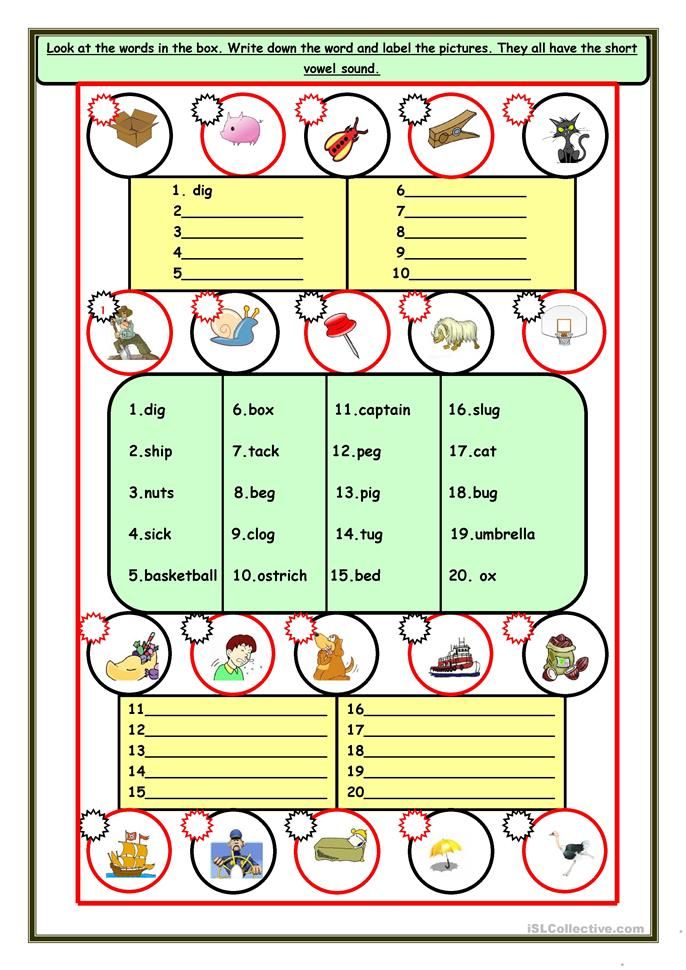 At the same time, the corners of the lips move apart further from each other than for the word p i faces (as if you want to smile).
At the same time, the corners of the lips move apart further from each other than for the word p i faces (as if you want to smile).
Another tip: prepare your mouth for the sound / e / (for example, start saying the word in e shch ), hold the speech apparatus in this position, but say the sound / a / .
If it's still hard to understand, I'll describe one more technique: try to “push” the lower jaw down with the tip of the tongue , but at the same time remember about the “approaching smile” (the corners of the lips stretched to the sides). Happened? Approximately this position will have your articulatory apparatus when pronouncing this sound (see the picture).
At the link you will find a very useful video from Rachel's English from which this screenshot was taken.
So, we learned how to pronounce, now we need to fix the result. To do this, I propose to say a few dozen monosyllabic words with this sound.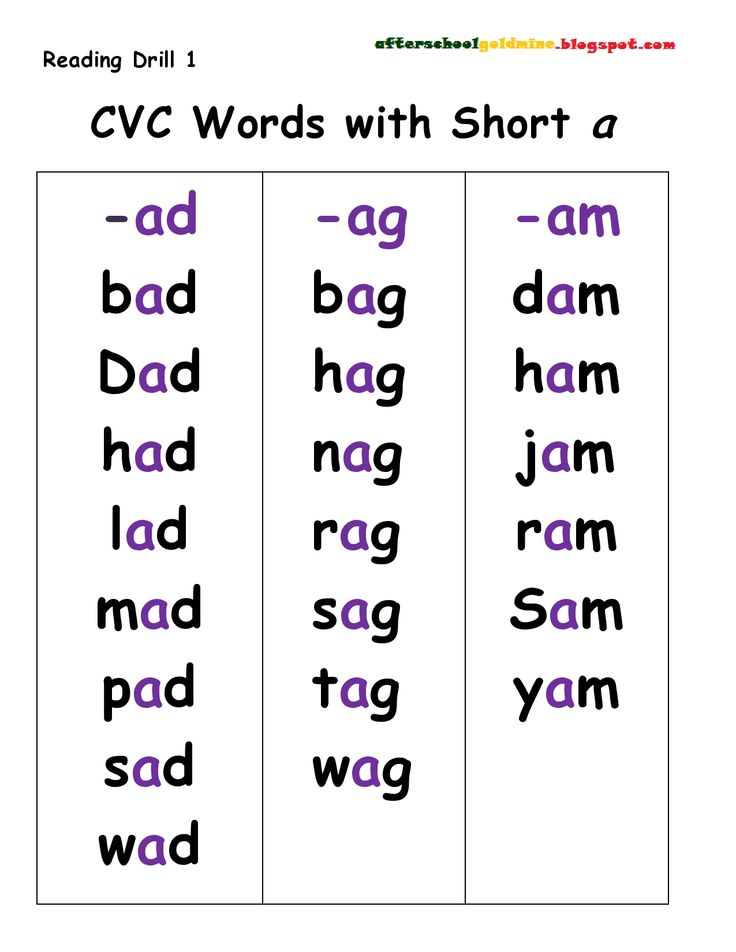 We adjust the speech apparatus to the desired position and start training:
We adjust the speech apparatus to the desired position and start training:
bad /bæd/
map /mæp/
add /æd/
plan /plæn/
lamp /læmp9
fat /fæt /f bæk/
can /kæn/
man /mæn/
hand /hænd/
fact /fækt/
Crab/ Kræb/
Catch/ Kætʃ/
Trap/ Træp/
STAMP/ STæmp/
Damp/
Lap/ Læp/
BANK/ BQU/
DAD/ DAD/ DAD/ DAD/ DAD/ DAD/ DAD/ DAD/ DAD/ DAD/ DAD/ DAD/ DAD/ DAD/ DAD/ DAD/ DAD/ DAD PAD / Pæd /
Mad / Mæd /
that / ðæt /
LaD / LQUA /
CAP / Kæp /
Hat / Hath / Hæt /
Black / Blæk /
Scat / Skæt /
Rank / ræŋk/
gas /ɡæs/
rack /ræk/
Now practice your tongue twisters. Just in case, the /æ/ sound is in bold:
- H a rry a nd P a t st a nd h a nd in h a nd. a t c a t s a t on am a t a nd ate a f a t r a
- F a t P a t h a s a f a t c a t.
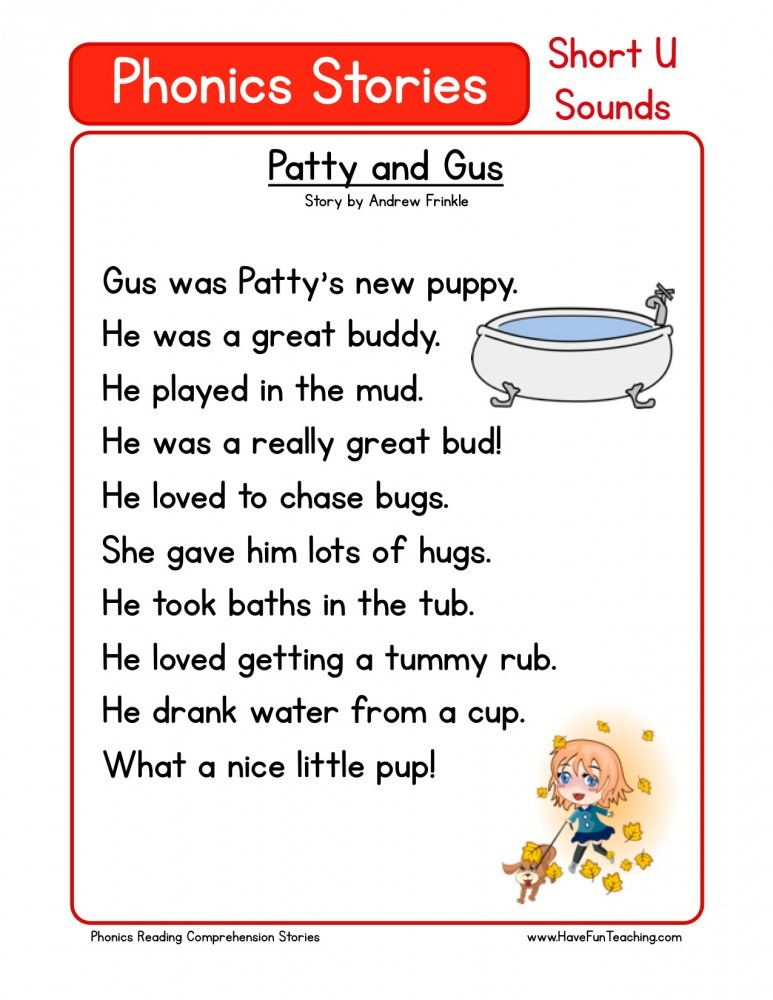 P a t’s f a t c a t is in P a t’s h a t.
P a t’s f a t c a t is in P a t’s h a t. - I h a ve to cr a m for my ex a m.
In conclusion, the promised phrase from the song, which will firmly sit in your memory and will always remind you of the correct pronunciation:
I’m the Sc a tm a n!
Sound / ʌ / - find it in Russian In the linguistic people it is called “lid”, but its full name is “
Open Mid-Back Unrounded Vowel” .How the speech apparatus works: the tongue is not tense, located in the central part of the oral cavity, slightly pushed back. The back of the tongue rises to the front of the soft palate up to half the distance. The sound is short.
This time we were lucky: the sound has an analogue in Russian - it is prestressed /a/ or /o/ in words like n o went to 9046
Now it's time to practice this sound on a set of monosyllabic words.
BUT/ BʌT/
Love/ Lʌv/
Blood/ Blʌd/
COME/ Kʌm/
SOME/ Sʌm/
Much/ Mʌtʆ/
SUCH/ SʌTʃ/ 9000 9000
DALL/ DALL/
Gun / Gʌn /Duck / dʌk /
Luck / Lʌk /
Puck / pʌk /
DOES / Dʌz /
Cup / Kʌp /
UP / ʌP /
Bus / BʌS /
Bun / bʌn/
CUT / Kʌt /
Fun / Fʌn /
NUT / NʌT /
HUT / HʌT /
SUM /
Numb / Nʌm /
Thumb / θʌm /
Dumb /
9000 9000 9000 9000 9000 ETS Crumb/ Krʌm/Nun/ Nʌn/
Done/ Dʌn/
Son/ Sʌn/
We fix the result with tongue twisters:
- D OE U U U U.
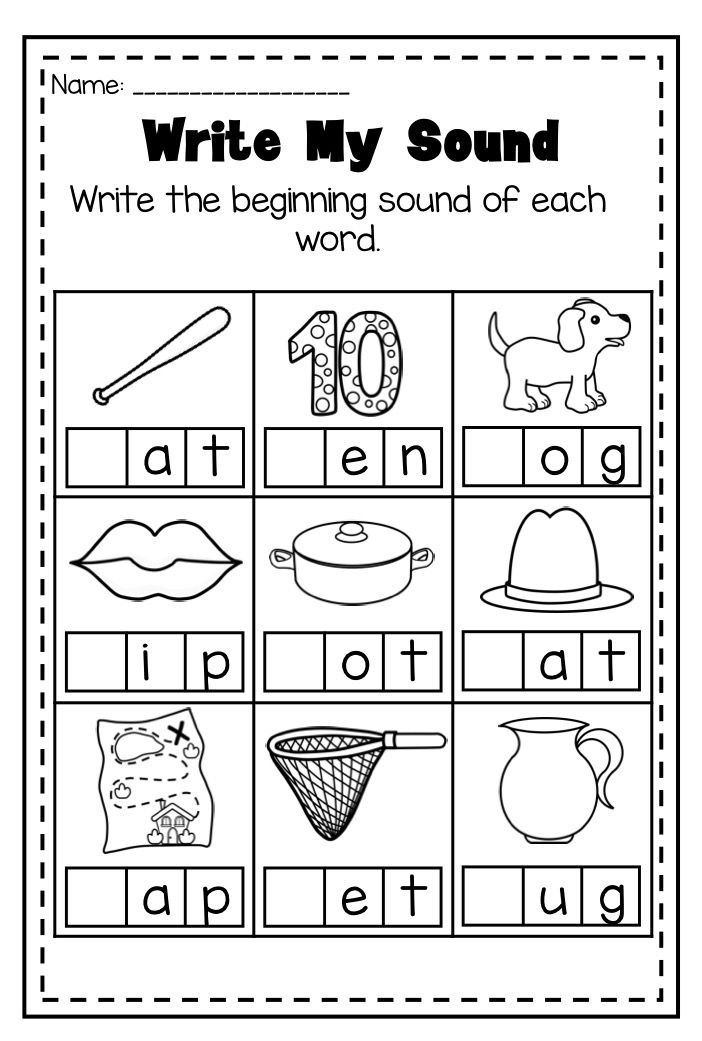 o ther M o nday
o ther M o nday - Don't tr ou ble tr ou ble until tr ou ble tr ou bles you. It only d ou bles tr ou ble and tr ou bles o thers, too.
- A f u nny p u ppy r u ns in fr o nt of a p u b. A fl u ffy p u ppy r u ns in fr o nt of a cl u b.
Traditionally, a line from a song. In my opinion, the composition of Robbie Williams “Come undone” is perfect for the “lid”, where he pronounces this sound 5 times in a row at the end of the chorus:
Because I'm sc u m. And I'm yours o n. I c o me u nd o ne.
Sound / a: / - show your throat to the doctor0394 ,
hard .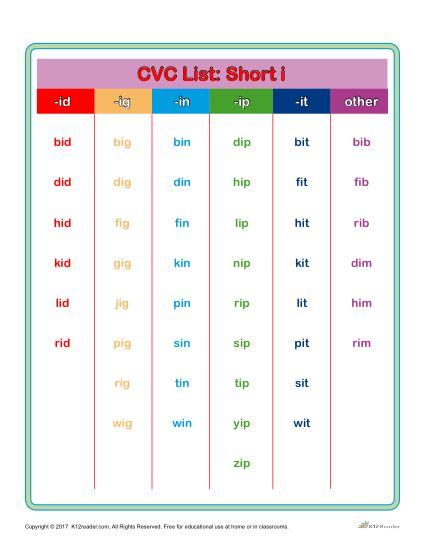 In terms of articulation and sound, the sound resembles that which we pronounce when showing the throat to the doctor.
In terms of articulation and sound, the sound resembles that which we pronounce when showing the throat to the doctor. How the speech apparatus works: from Russian / a / it differs in that the tongue moves further back and down and lies as flat as possible (imagine that the doctor presses the tongue with a spoon). With the correct pronunciation of the sound, you can see the soft palate in the mirror, which is impossible when pronouncing the Russian . The sound is long.
Now let's move on to practice on a set of words. Note that this is where the differences between the British and American pronunciations will be observed. As you know, Americans replace the sound / a: / with the sound / æ / in words like dance , ask , class etc.
Another difference: in words like car , far , star - Americans use the short sound / a / and pronounce / r / at the end.